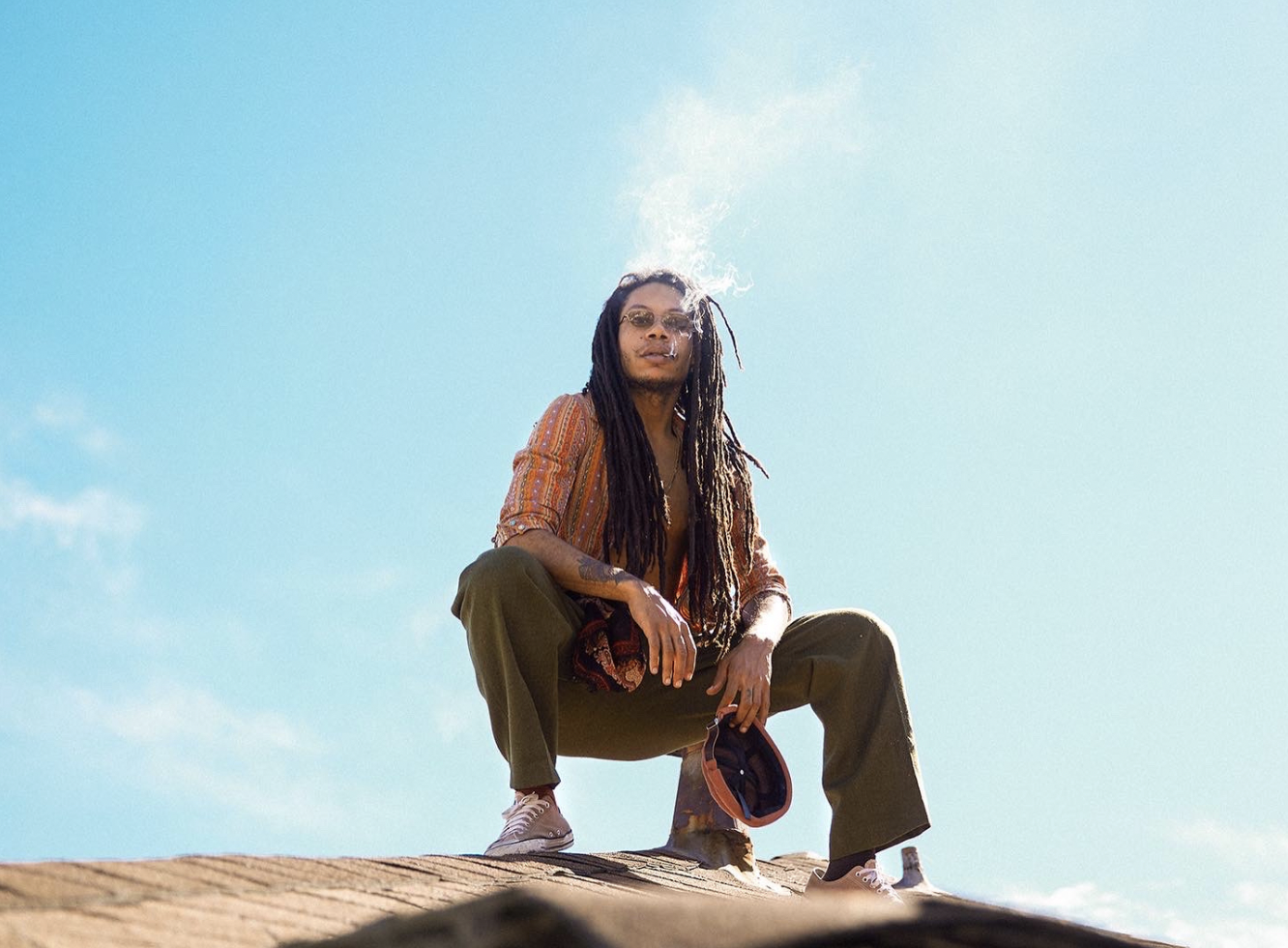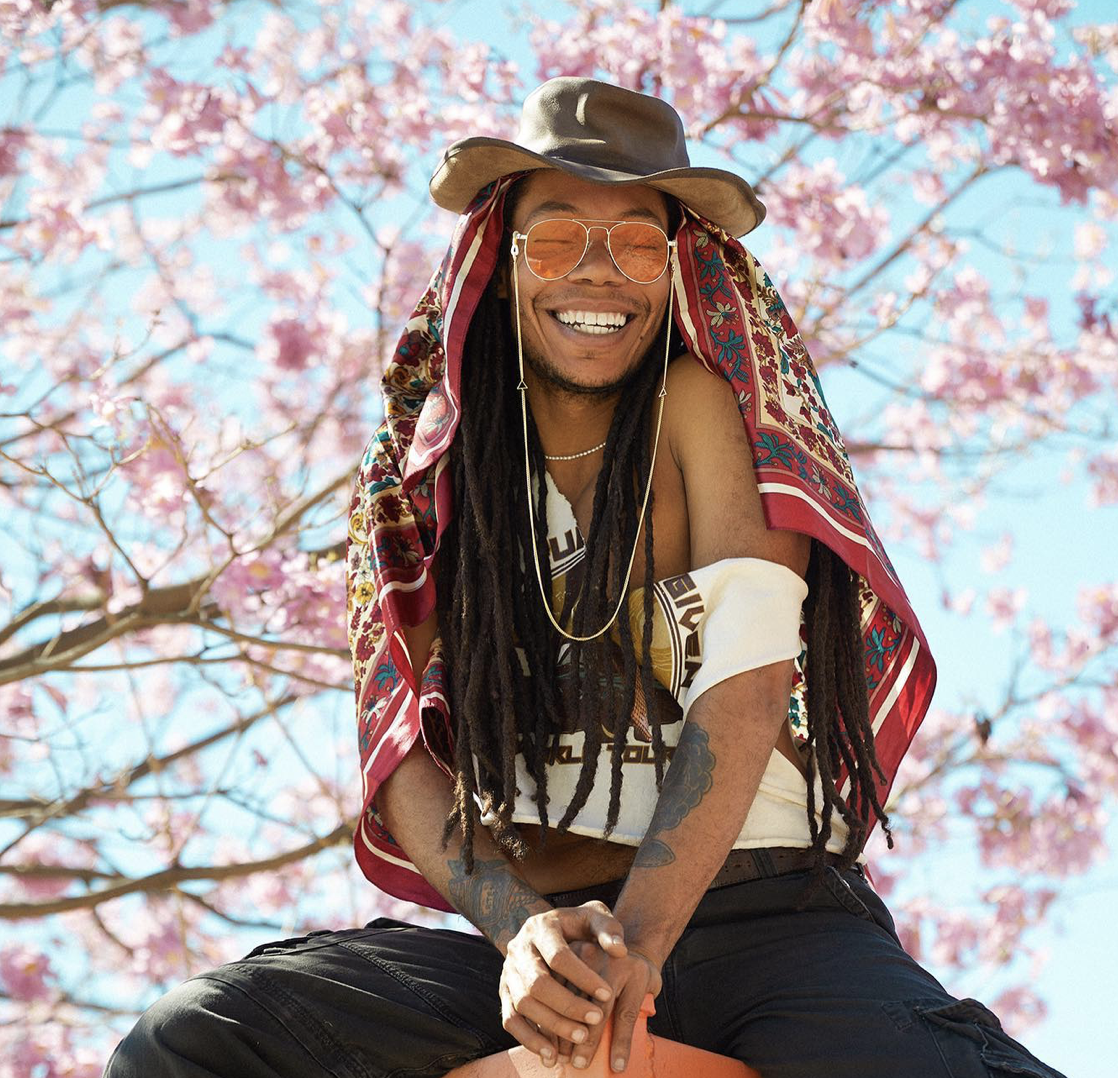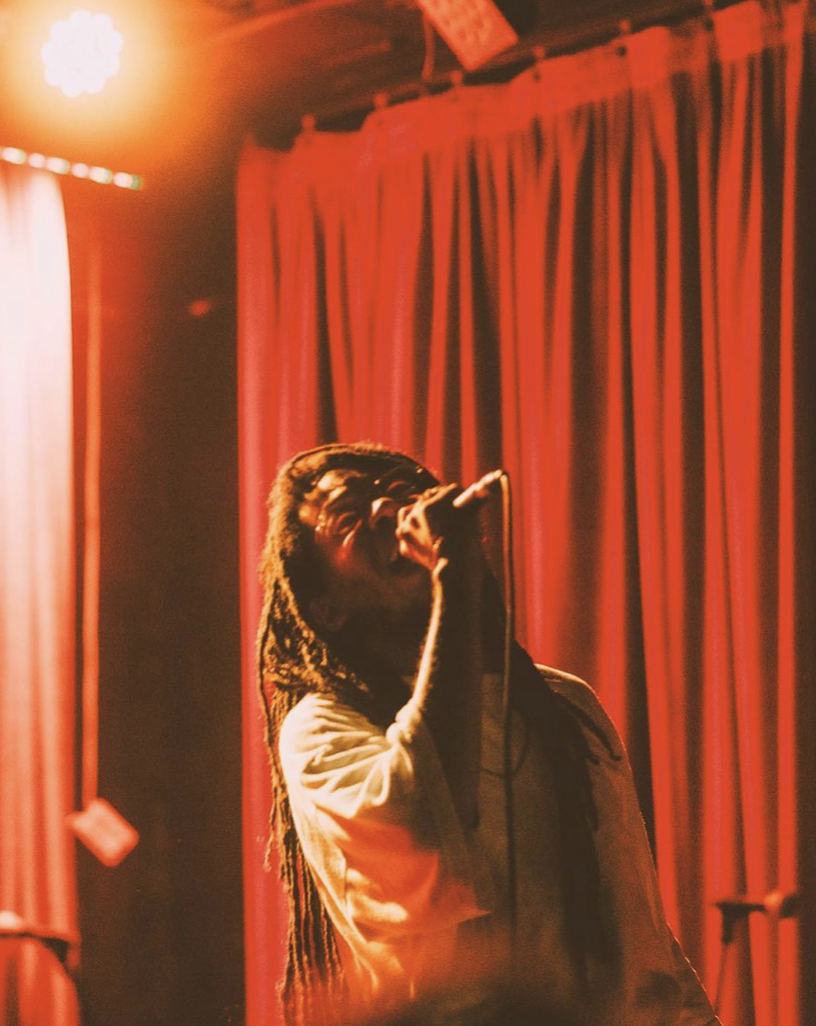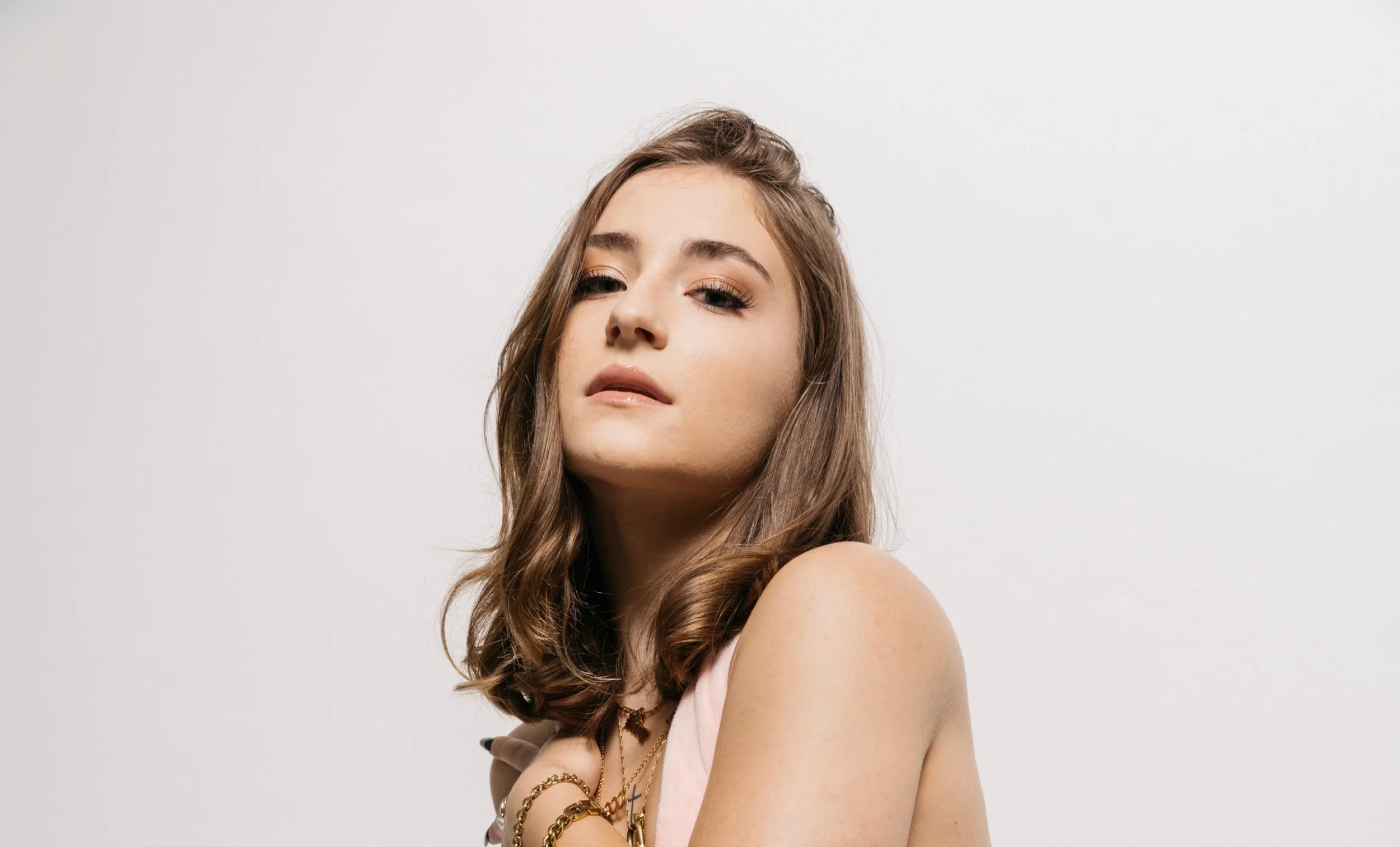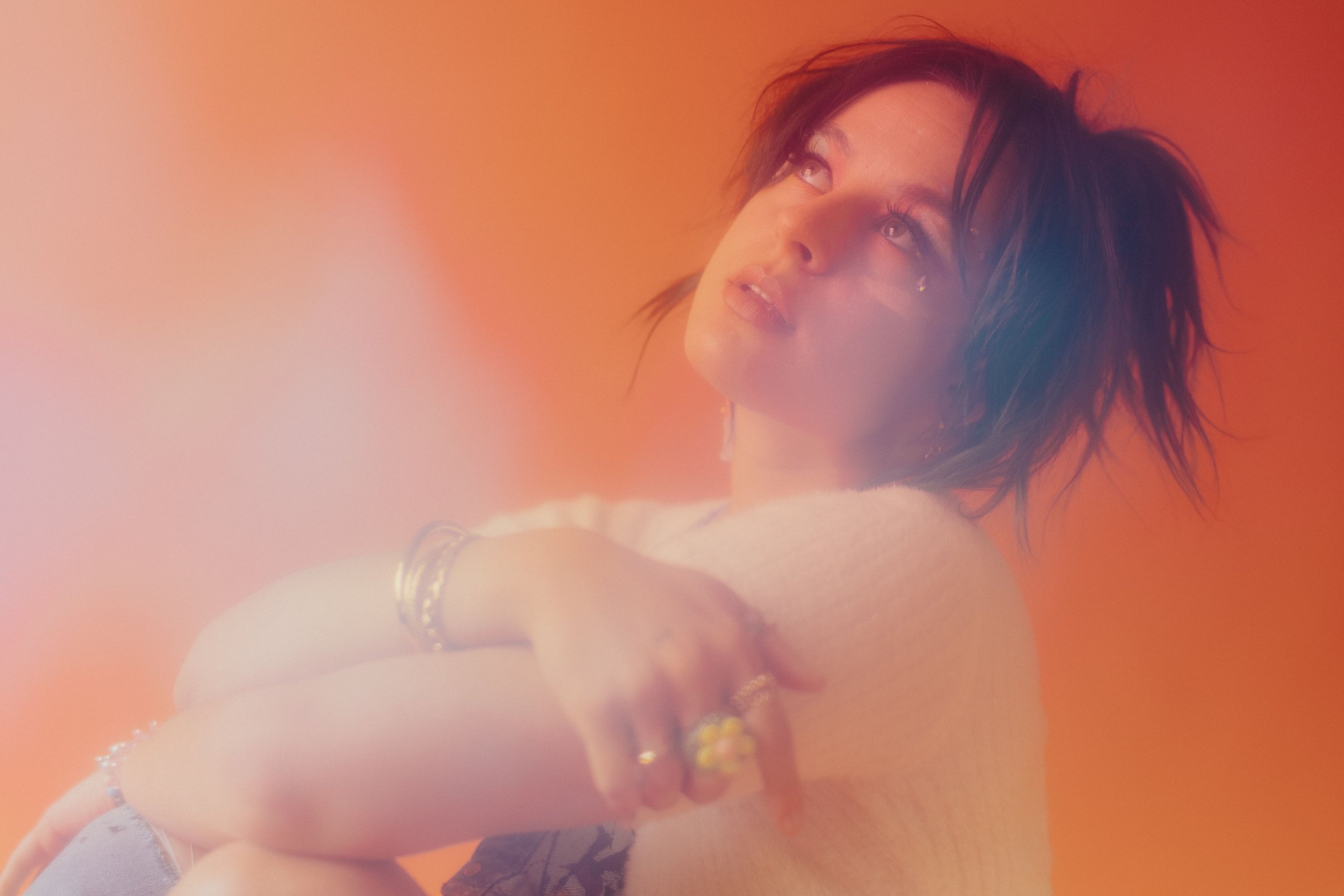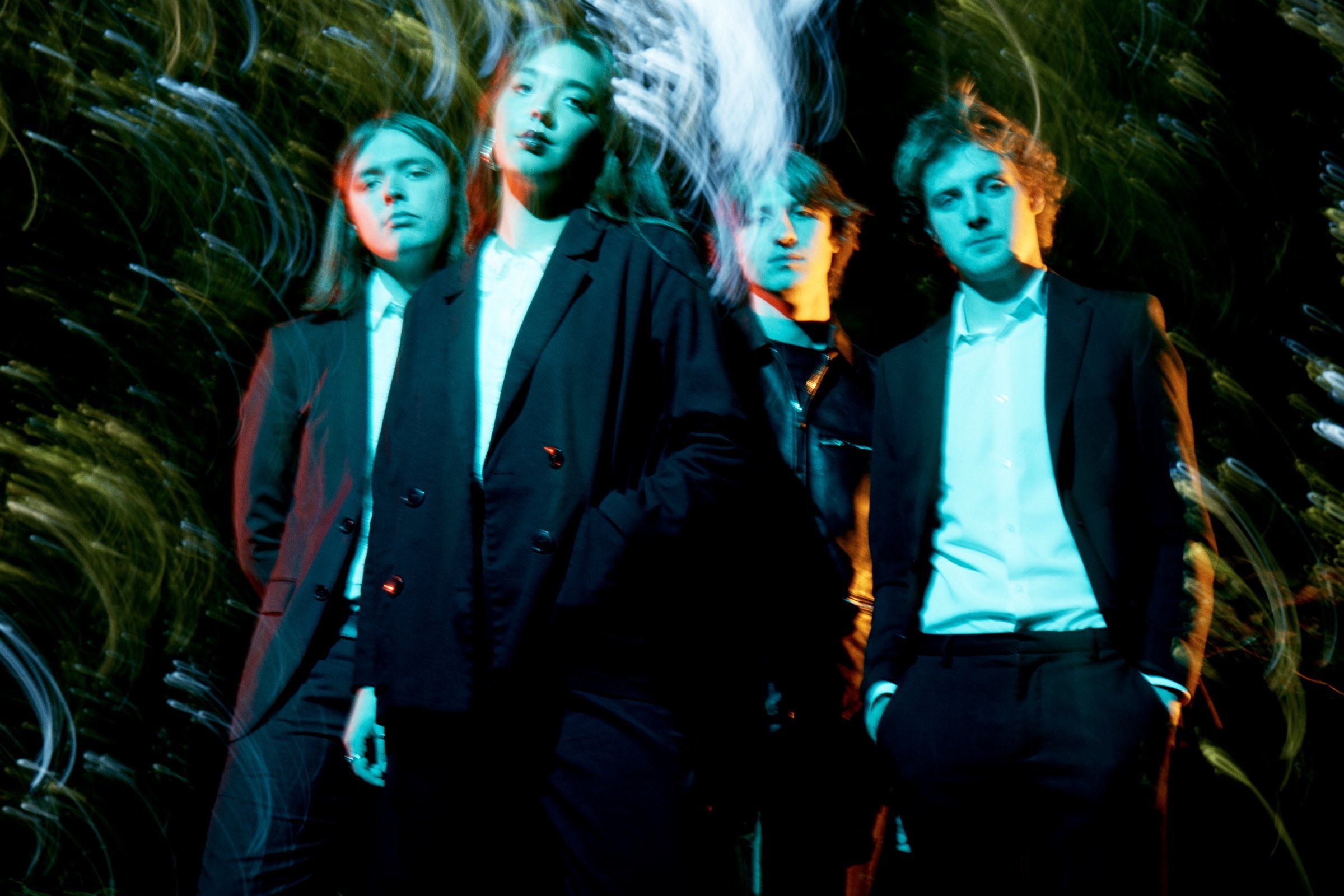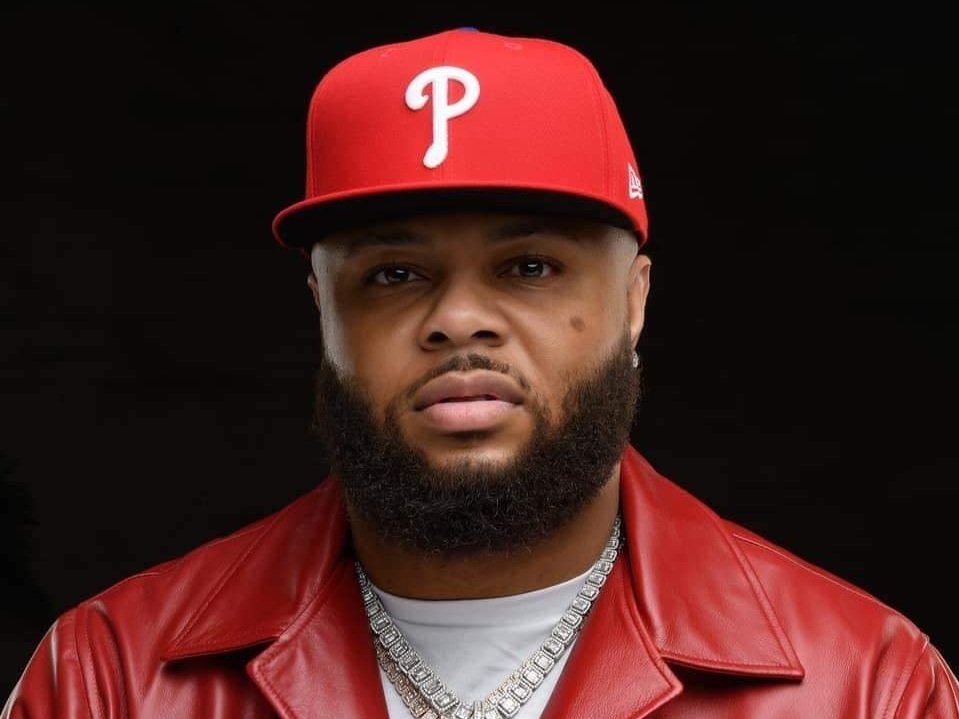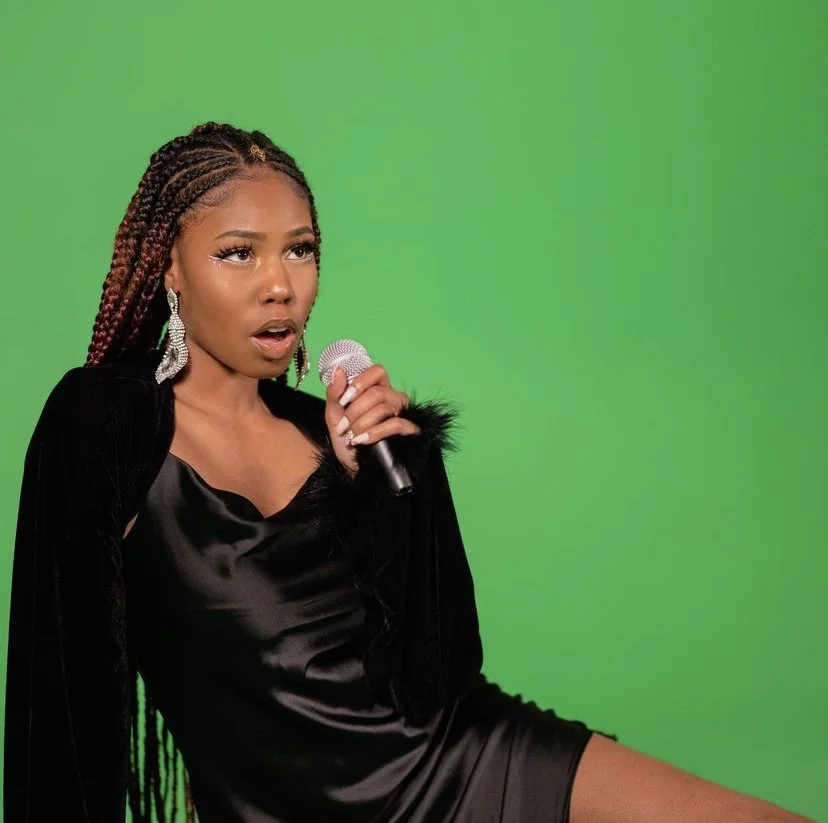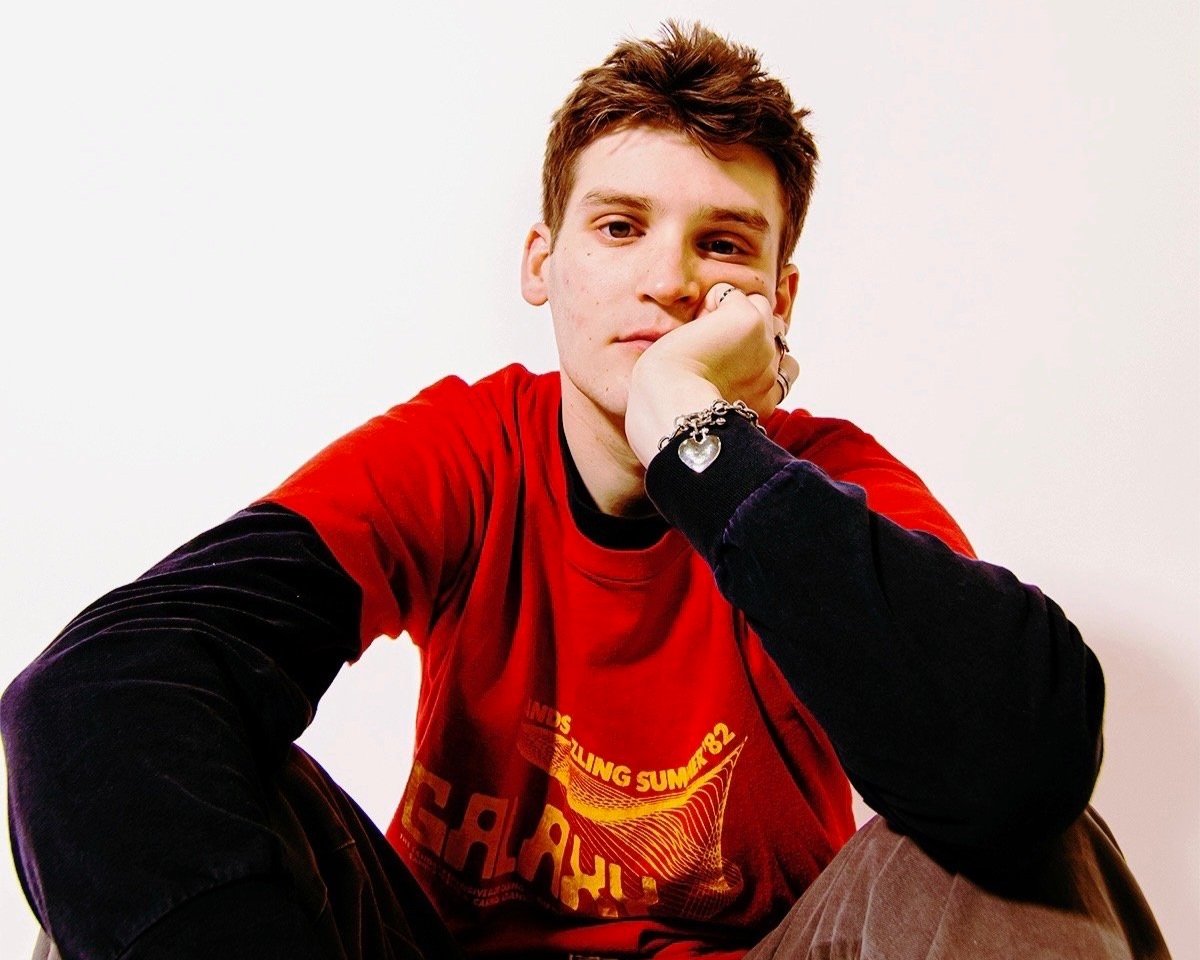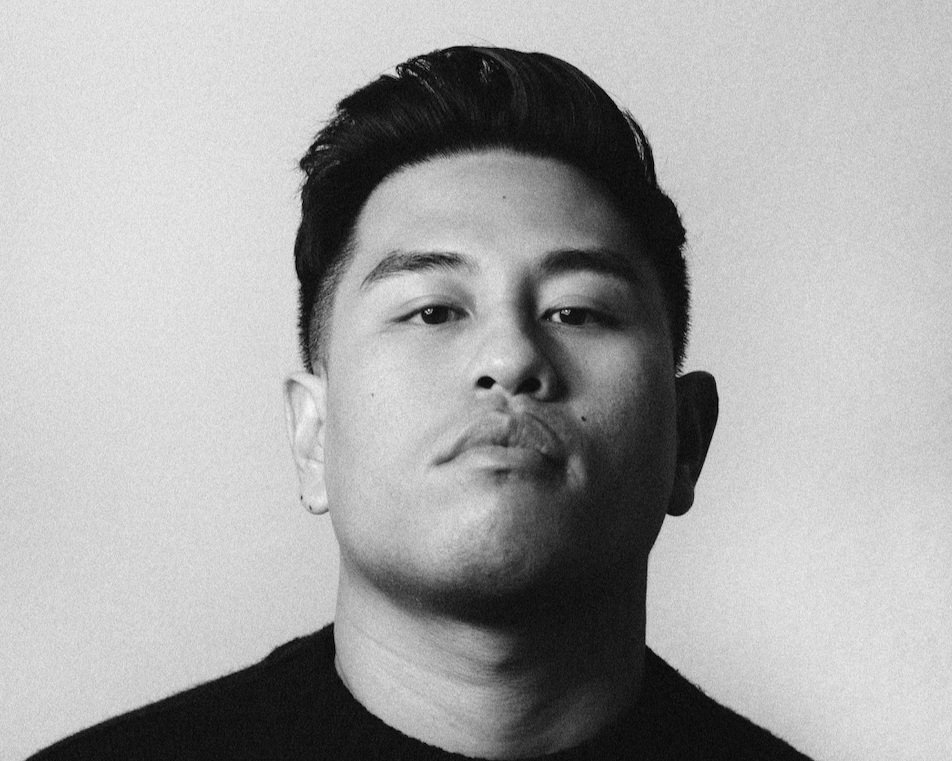Lando Chill Opens Up about his artist’s journey
Chicago native Lando Chill is a hip-hop musician untethered to a single genre, encompassing elements of funk, folk, reggae, and spoken word. A warrior-poet by nature, Lando’s goal has always been to bring the issues of political freedom, mental health to the forefront of his work and to the national conversation. Aimed at giving a voice to marginalized communities, he is perceived as a man with one ear to mother nature and one to the plight of humankind.
Maria: How did you get into music?
Lando: Um, I would say the day, the moment I decided, I decided to become a musician and to take music on more than just an avenue for my brain to release its tension. I can't pinpoint a moment but there were moments. Back in 2013 I was still going to the University of Arizona. I was studying anthropology, and I just moved into my third house in three years. I was living with 6 people at the time, and one of the people I lived with was one of my really good friends at the time. His name was Alan. And Alan could shred on the guitar and had this amp and he would just like shred, and I would listen to him. And I come from a poetry background as a writer.
And that was how I released I guess, the darkness in my head right when it came to suicide ideation when it came to anxiety when it came to depression, poetry was my avenue. And so being learned in this language of the world allowed for me to hear music, and words and obviously, like, meld them together, and incantations to create something beautiful. And then I was just freestyling over his guitar, and then it turned to him playing beats. And it got to the point where I decided that drinking and the avoidance of a lot of trauma in my life wasn't serving me as much as creating music was.
And so I decided for my own mental health and for my own artistic wants and endeavors in life. I decided that that was the best way for me to stay on this earth. And it was the best way for me to lead by example. And it wasn't until I released my first album ‘For Mark, Your Son’, that I thought it was serious, that I thought I could make the impact in which a lot of artists previous to me becoming an artist had on my life.
I went to this church as a kid. My mom was a pastor. And so I went to this church and there was this incredible famous folk singer. Her name is Ella Jenkins. I believe she's still alive. But she would invite music into the service. I'm not religious at all, but there was something foundational about having someone who loved music, who loved love and who loved to teach, bring that tool into a place in which supposedly had all the answers, right? God was supposed to have all the answers. My father died when I was four. And so I was kind of searching for why why would is life like this and, and religion was supposed to give me the answer, and it never did. But music did. And shout out to Ella Jenkins and shout out to everyone who came before her but music gave me the answer and the answer is there is no reason.
There isn't a reason why anyone dies.
It wasn't for me to be a stronger person. It wasn't for me to become a musician. There is no chromatic lever or no highway for us to be who we were supposed to be. Things happen. And we react as such. And my father died and so I needed to come to terms with not only the traumatic experience of that, but also the lack of willingness to communicate what I was feeling through just conversation. So music became the avenue and Ella Jenkins allowed for that seed to grow or to germinate to start my mom watering the seed, and then friends along the path where the fertilizer needed in order for me to bloom into a rose, you know, a rose in the middle of concrete. And thankfully enough I had a lot of people along the way who were gracious, artistically incredible, and patient in order for this ‘rose’ to grow out of the sidewalk, to turn into like a bus, to turn into a grove, to turn into hopefully a movement and movement that's based off of one tenant. I live my life by the tenant:
“‘The greatest lie one has ever believed is that they are not in control of their own fate’”
And that's kind of the purpose I move through my music with and the purpose I moved through life with. So yeah, long story short, that's how I got into music and how it shaped me to be who I am today.
Maria: Where do you find your influences for your sound?
Lando: I guess influences, to be frank, they started the foundation. So like Lupe Fiasco, early Kanye, Lee OutKast, and then going into Sam Cooke, Donna Summers, Luther Vandross, James Taylor. These these are the kind of like what were the foundation and then when you become a musician, right, you start to mimic. So I was like, early on, mimicking Childish Gambino, Wiz Khalifa, I love Mac, love Kendrick Lamar, J. Cole. And so that became the lens I was shining my light through as far as my artistry and then you find yourself, and the inspiration then starts to come from my own life. My own experiences as a black queer person and what I was learning in university.
I took this class called ‘race, ethnicity and American dream’, and it really opened a lot of doors that I had questioned throughout my life. When it came to how blackness was represented, how I was able or unable to move through white spaces. Just the idea of intersectionality and privilege. These terms then inform not only my art, but how I moved through life after that moment. And so it's a rainbow right? Our influences, our rainbows and each color represents a moment in time, and I am now at the end of the rainbow right at the pot of gold. Where the heart space, the place in which our gold lives.
Our purpose here, right is where I'm now sitting and the inspiration that was melded over years now rests here. So that was a long convoluted road to say. I grew up on funk blues, classical music and jazz introduced into hip hop at a younger age. Because that wasn't music that my mom was fond of. Found my blackness queerness in college and then that informed what I wanted to talk about, and it wasn't necessarily something that hip hop had space for. So I was willing to create that space. And that's where we're at today, where I'm one of many people who would have many artists, men, women, queer, straight trans, who are creating spaces for people who want to see themselves in a society that they helped build. So, yeah, a lot of influences from early life but now the influence comes from what I continue to learn from people like you, right, who are different.
Maria: Was it hard for you to create your own space in the music industry, especially in the beginning?
Lando: Yes and no. It was easy, right? As far as face value being like a black man and hip hop is our culture. It is something that was born out of revolution. And from revolutionary people in New York in the 70s and 80s, who were taking break beats and words that they created and experiences that they lived in order to tell a story.
So even though I didn't necessarily grow up listening to rap and hip hop, it was built within me. So it wasn't necessarily hard to open up the door, right? But it's hard to stay there. And it's hard to keep that door open. Like you said, there are a lot of things that can push you out or can keep you from even getting in the door. I think that what blackness is and how it's exported is a very small sliver of what blackness is, the spectrum of blackness is, and if you don't fit within this window, right? It's hard. They'll say it's hard to maximize capital. It's hard to sell you and it's hard to be taken seriously. It's like you have to fit into this caricature of what they think. And they are shareholders, label heads and even fans. Because hip-hop is consumed by mostly white folks in America. If you don't fit within this window, then you aren't a real hip-hop artist or you're a conscious rapper or they're not gonna take you seriously. Or you can never break the glass ceiling to make it to the mainstream. And me personally, I would love to see a music industry that values women, trans and queer, queer souls and values, the wider spectrum of blackness than what they have allowed to rise to the top.
It's up to us to continue to create the art that allows for people to feel included. But also we want people to feel amazing after listening to music, you want people to feel empowered. I feel as though I've had privileges within hip-hop. But hip-hop is gatekept and it's gatekept by people who don't look like me. And if people who look like me are in those top positions. I think art itself as a system needs to be rethought. The system in which art operates under because if we were given universal health care, if we were given universal housing, if food was a right, I think music would gain more value and it would change. And the commodification of it would lessen, and maybe then we could get art back into schools back into our lives, and therefore we would then have more self love and self awareness.
Maria: What was your creative process like for writing your latest single "'Believe Me Lonely " ? And why did you decide to make it a first single?
Lando: The creative process is a symbiotic one. I sat with Teddy and Jake to the producers shout out to Teddy Ruxpin and Jake Bowman to the producers on the song who produced the song in a lot of aspects in a lot of ways, right? My musical process is one of symbiotic conversation. I love to be with the producer when the song is being created, so that I can know the soul of the song. I love to know the soul of things, because then it informs what I speak on, and it informs how I speak on it. And so with this song, where was the soul of the song going, especially with the drums in the chorus – it was screaming to me for introspection. But the song also opened up doors into places that I don't necessarily go very often unless I'm by myself on some shrooms (laughs). And that's the dark spaces that creep up on the mind at night when you're alone. This song was written for the people who put on the mask when they leave their house. It's written for those who hide the scars on their arms from people. Because you don't want to find the person who knows what those scars represent. For the people who move through life under the umbrella of shame when it comes to their identity. When it comes to their personhood, when it comes to their queerness, when it comes to sadness in life – this is for them. And so when I heard the song being created I was in that moment transported back into those places and times in my mind where I was struggling with identity and with existing with trauma and with death. And so it means a lot, but it's also very scary.
And so, this being the first single really pushes that to the forefront that consistency of honesty and authenticity. The song was written back in 2018. So a long time ago and I was in a relationship at that time. And I wasn't serving that relationship fully. And I couldn't even be honest with my partner about how I was feeling. And so the song is a direct reflection of that inaction and how a lack of conversation and a lack of vulnerability and a lack of communication can lead to self immolation. So that song is a direct representation of those moments.
And hopefully this song and songs like it and artists like me and folks who are on the frontlines, queer trans women who are on the frontlines trying to shift the nation's rights or the world to move toward an inclusive and loving space. Hopefully, this art and those people, including me, are put at the forefront or are at least represented within the mainstream so that folks can see it.
Maria: What is the theme of your upcoming album?
Lando: The album is called ‘The common denominator is us’. The artwork has been created by two incredible visual artists and our directors Carry Coleman and Roho. The themes of the album – we're in this common denominator of us. We are the arbiters of our experience. So in themes of this album, pride, self immolation or self discovery protecting oneself and finding the heart space in order to find comfort and peace.
Those only reflect within the art that you'll see in subsequent weeks when we release each single but in the market album art itself.
There they all meld together to create a really amazing piece of work. But the theme that I think mirrors the title and the whole album itself is that we are the common denominator in our own choosing and in our own experience. So the effort that we put forth in life is up to us, how we receive things that happen to us in life, it is up to us to move through that. In every instance in my life, especially back then, and between 2018 and 2020, when these were kind of like being created and coming to fruition, a lot of stuff was going on in my life and the common denominator and all that stuff was me. And as a man, right, as a man, we are allowed by society and by the people, and by misogyny. In order we are allowed to skirt responsibility and accountability. Personally, I've never been nuts or wild, but just in relationships with ghosting people, emotional manipulation. I feel that you have to feel this lack of communication, like I just turned into ice, turned to a stone just like not wanting to talk about anything. And these are all issues that I would share the blame or accountability on the partner. But the common denominator in all this shit was me. And that's the case when it comes to a lot of things with us in our own world. The good and the bad. The common denominator is us. And it is up to us to change the narrative or to facilitate the growth, or to create the armor, to be able to move through this world.
It is up to us to change.
It is up to us to know and create the right intention and it is up to us to move with love. And so that's what the album represents to all those themes that I meld into this music. That I had to move through and to be the person I am today.
It is up to us to put in the work so yeah, that's what the album means the common denominator is us.

